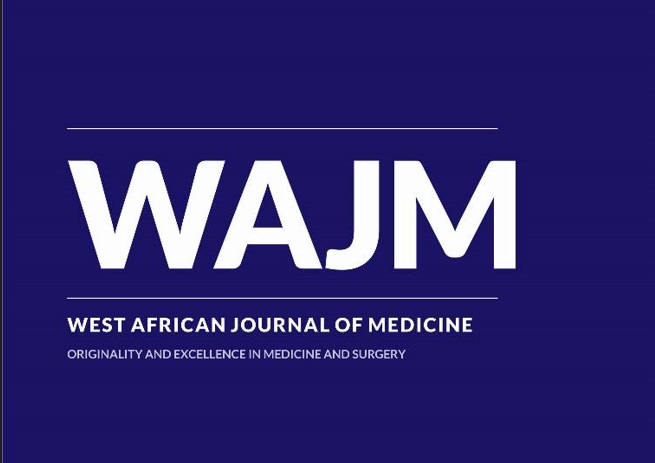ORIGINAL: Oral Health Knowledge, Practices, and Dental Complaints among Pregnant Women Attending Antenatal Clinic at a Tertiary Health Institution, North Central, Nigeria
West Afr J Med. 2024 May; 41 (5): 575-582 PMID: 39208404
Keywords:
Antenatal care, Dental complaints, Knowledge, Oral health, PracticesAbstract
Background: Oral health is of great importance during pregnancy because the hormonal changes during pregnancy affect oral and dental health.
Objectives: To evaluate participants' oral health knowledge and practices during pregnancy in order to provide appropriate oral health practice recommendations at the Federal Medical Centre, Makurdi.
Methods: The study employed a cross-sectional descriptive method to collect data from 96 women who attended ANC on World Oral Health Day. Data was analysed using SPSS version 20.
Results: The age range of the participants was 18-43 years, and the mean age was 29.1 ±5.5. Most participants (95.80%) brushed daily; 32.61% brushed for about two minutes, while 39.13% brushed twice a day. More than half of the participants (56.52%) were aware that they should change their brush every three months, and 36.96% brushed from top to bottom. Less than half of the participants (16.70%) had seen a dentist in the past, and the reason was mostly because they had a dental complaint (75%). Thirty-three percent (33.30%) reported having a dental complaint at the current visit, of which only 37.0% sought proper dental care. Fifty-two percent (52.08%) of the participants had a good level of oral healthcare knowledge and practices. Participants' educational level, occupation, religion, monthly income, and visits to the dentist significantly affected their level of oral health knowledge and practices.
Conclusion: From this study, more than half of the participants had a good level of oral healthcare knowledge and practices. However, the study observed that the participants showed poor compliance with the recommended protocol.


